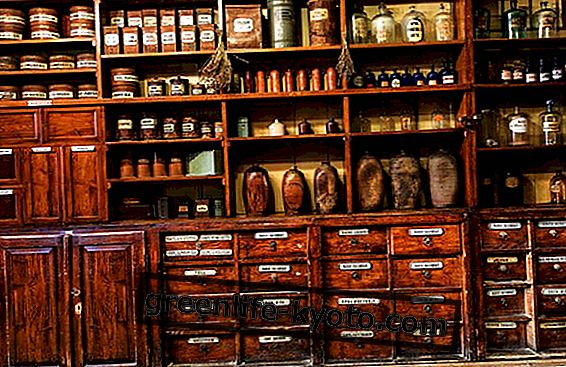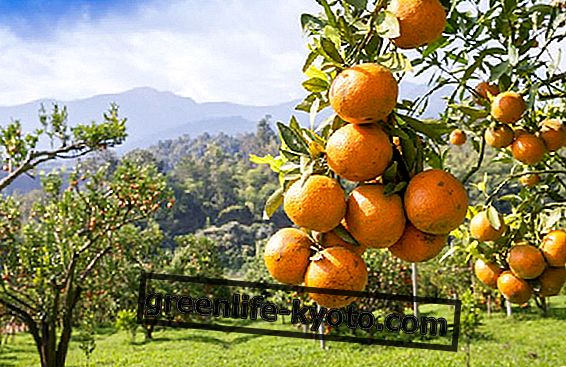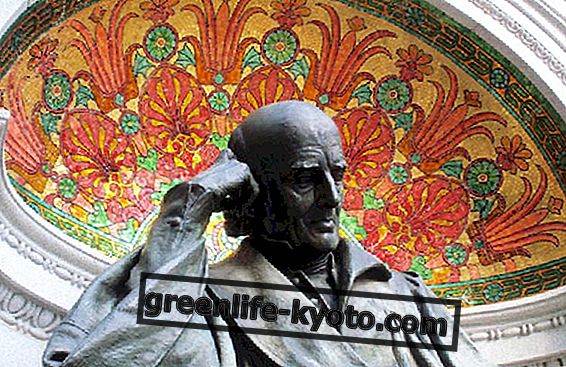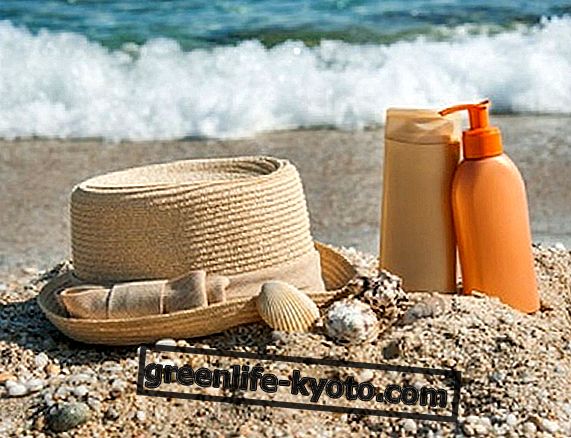
A legislative decree of the government cancels the only law protecting the herbalist, a professional figure to guarantee consumers: thousands of professionals, businesses and students are at risk.
The legislative decree that eliminates the figure of the herbalist
Between Christmas and New Year, on the eve of the dissolution of the Chambers, the government presented a legislative decree on the delegation law of the Parliament in which, in article 8, the law 99 of 1931 is repealed, the only one that today protects the figure of herbalist in Italy.
The intent of the government was to liberalize the cultivation and first transformation of medicinal plants, but by repealing the law of '31 in full, the figure of the herbalist disappears .
With the legislative decree, the cultivation and the first transformation of the medicinal plants become agricultural activities, therefore they can be carried out without the supervision and control of qualified personnel directly by the farmers; Article 8 of the legislative decree also repeals Law 99 of 1931 which establishes the figure of the herbalist.
The legislative decree will be submitted to the opinion of the Parliamentary Commissions starting from 9 January 2018 and in a little over a month it could become law, putting at risk the future of thousands of herbalists and students .
The opinion of Unerbe and the Italian Herbalists Federation
Maurizio Devasini, president of Unerbe Confesercenti defines the absurd provision as “the deregulation of herbal medicine aims, essentially, to allow anyone to improvise as a herbalist, even in the absence of the indispensable knowledge to work safely. An intervention that once again ignores the Statute of companies, confirming the government's failure to comply with laws that protect businesses, and which serves only to chase consensus in view of the elections ".
Always according to Devasini, the cancellation of the law of '31 would create " a risk for consumers and irreparable damage for companies and the sector, which could suffer the loss of thousands of jobs both in laboratories and in the sales network. Not to mention, then, the mockery suffered by the students of the degree courses in herbal sciences and techniques and by the many families who have supported their children on this path ".
With the same opinion Angelo di Muzio, President of the FEI (Italian Herbalists Federation), which, as stated on the website of the Federation, defines the law of 1931 as "A law which has so far been a point of reference for all subsequent legislative acts, including The legal framework of the degree courses has marked and made possible precisely that Italian exceptionalism that has brought the qualified and professional herbalist culture at the highest level in Europe and in the world.
Di Muzio also explains that “By eliminating the Herbalist, the road will be that of the total despecialisation of the Italian herbalist sector also at the level of commercial herbal medicine activities, causing the entry of absolutely unqualified individuals with serious commercial repercussions and above all consumer safety ".
Who is the herbalist in Italy
The herbalist today is a qualified professional, formed through a three-year degree course called Herbal Sciences and Technologies, which is headed by the Faculty of Pharmacy.
During the course of studies the herbalist student supports exams in botany and plant physiology, chemical analysis, anatomy, physiology and human nutrition, pathology, pharmacology and toxicology, as well as phytotherapy and pharmacognosy: it is a professional specialized in transformation and in the 'use of medicinal plants used in order to keep the human body healthy, knows the active ingredients present in medicinal plants, the chemical-physical requirements that these plants (and the extracts obtained from them) must possess, the interactions that can derive from the intake of components present in plants, drugs and food.
Although this is a trained and competent professional figure, to date no government has taken into consideration the law proposals of the various Associations that for years have been asking for the recognition of the professional figure of the herbalist as a health profession .
Theoretically, the graduated herbalist could work in the herbalist departments of pharmacies and parapharmacies, in herbalist's shops, in companies that cultivate medicinal plants, in laboratories for the production of herbal preparations.
In reality the figure of the herbalist, who should be a resource for agronomists and pharmacists, is evidently seen as an obstacle to be eliminated for the benefit of other professional categories.
Today, farms prefer not to bear the costs associated with consulting the herbalist, in laboratories they prefer to hire graduates in other disciplines (Chemistry, Chemistry and Pharmaceutical Technologies or Pharmacy), in pharmacies they work graduate pharmacists and in herbalists can also exercise those who do not possess no qualifications.
The fact that the figure of the herbalist is not valued or even eliminated represents a risk for the many consumers who increasingly turn to herbal products to stay healthy, since the herbalist represents a guarantee for the correct use of medicinal plants, from cultivation to the final consumer: in fact, unlike other figures, the herbalist specializes in everything concerning medicinal plants and the products obtained from them and is also driven by an authentic passion for medicinal herbs .
Before repealing the law 99 of 1931, the only one that protects even if minimally the herbalist in Italy, would need a law that regulates the herbal sector, to protect the herbalists and to guarantee the safety of the many consumers of herbal products and healthy.
To support the cause of herbalists, you can sign the online petition and share the information in this article .













